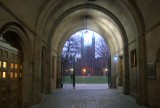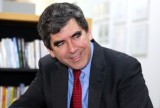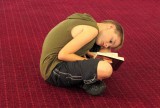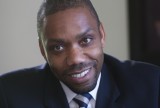Why We Shouldn’t Always Trust The Numbers
Charles Seife knows how to spot a bad number. “Certain obviously wrong mathematical ideas were floated by politicians or even by scientists, and the press swallowed them up without thinking,” said Seife, an NYU associate professor of journalism and author of Proofiness: The Dark Arts of Mathematical Deception. Seife was particularly surprised at numbers that quickly fell apart with the slightest questioning, such as a recent National Institutes of Health-backed HIV vaccine trial in Thailand. “This trial – which they said was a success – was nothing of the sort …










